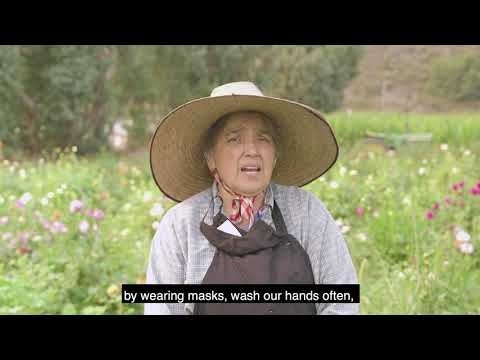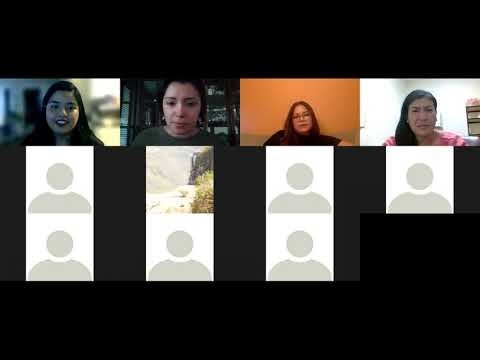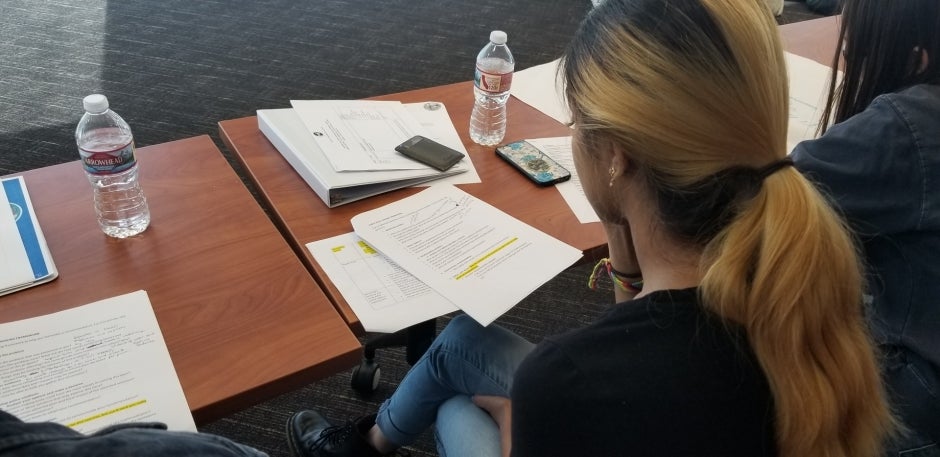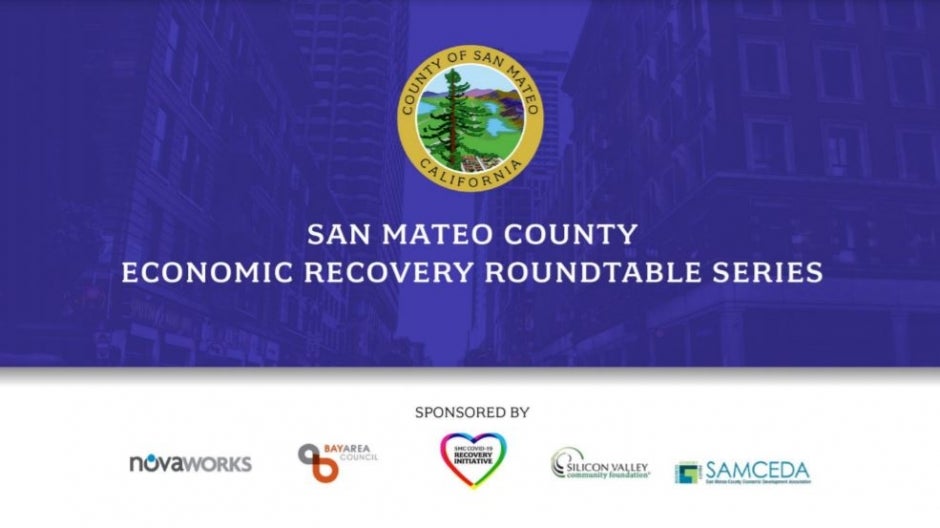Items to include in this newsletter
Now Accepting Funding Proposals for 2021
It’s that time of the year again – our annual Get Healthy SMC Community Implementation Funding request for proposals (RFP) has been released! We invite community partners, cities and schools working on building healthy, equitable communities in San Mateo County to submit proposals by November 12, 2021. We look forward to continuing to build our partnerships to create healthy, equitable communities for all in San Mateo County!
SMC Farmworker on COVID-19 Safety
A Brief Message from Lidia, a farmworker who lives and works in San Mateo County reminds fellow farmworkers to take care of themselves by wearing masks, washing hands often and keeping a safe distance when possible to help protect themselves and their loved ones (in Spanish with English subtitles).
Boards and Commissions Vacancies
Community Advocates Leadership Academy: Green Foothills is accepting applications to their Leadership Academy! In this 8-month program, participants learn how to lead effective environmental campaigns that are grounded in social justice. Learn about current local environmental and conservation issues, how to influence key decision-makers, and successfully run equitable advocacy campaigns. Classes start in January 2022, the deadline to apply is October 31.
Universal Free School Meals: What is Working and What is Not
The County Nutrition Action Plan (CNAP) Coalition met to learn more and discuss the benefits and challenges of SB-130 that established Universal School Meals in California. This historic program is important because it will help reduce food insecurity and hunger by giving access to breakfast and lunch to around 64,000 more San Mateo County students.
Making Walk Audits More Inclusive
Laurel Elementary in the City of San Mateo and Spruce Elementary in South San Francisco were able to engage their community members, school and city staff in a meaningful way to make streets safer for walking and biking to school. San Mateo County Office of Education, Mark Fenton, Stanford’s Our Voice and Health Policy and Planning worked with the schools to adapt the in-person walk audits to the virtual environment.
California Considering COVID-19 Vaccine
California continues to take the lead in the response to COVID-19. California is the first state in the country to consider that COVID-19 vaccination be required for K-12 in-person learning. Following the FDA approval, the regulation will go into effect either January 1, 2022, or July 1, 2022, and will apply to both students and staff. More information to come as we learn of the implementation process.
Collaborating with Community Based Organizations for Vaccine Equity Continues
The Vaccine Education Taskforce that consists of health staff, Community Based Organization partners and folks with lived experience has enabled the training of more than 50 outreach workers, throughout the various regions of San Mateo County in an effort to increase vaccination rates in priority communities (Latinx, African American and Pacific Islander).
Strengthening Youth Voices in Local Governance
The CCCS Racial Equity Action Subcommittee identified building a more diversified pipeline into boards and commissions as a key area of action to advance racial equity, which led to the creation of a youth civic empowerment and health training program for San Mateo County.
Anchoring Health: Re-Cap of Healthcare Anchor Network Convening
The Healthcare Anchor Network (HAN) hosted their fall 2021 virtual convening this October 26th and 27th to discuss how the American Rescue Plan Act presents a historic opportunity to catalyze inclusive economic development and address racial inequities through equitable anchor strategies within our communities.
Highlights from 4th San Mateo County Economic Roundtable Discussion: Fostering Economic Resilience
On September 29th, San Mateo County hosted its 4th Economic Recovery roundtable discussion focused on our economic future in terms of meeting worker needs for housing, transportation, digital equity, childcare, equity and inclusion. We heard from the Bay Area Council about the recessionary levels of housing production that does not support our rise in economic growth, which forces an unsustainable competition for housing and ultimately leads to displacement of low-income people and people of color.
Housing Affordability Matters to Public Health
As part of a series of workshops organized by Let’s Talk Housing San Mateo County, Health Policy and Planning Program staff presented to housing city staff and residents on the connection between health and housing.










